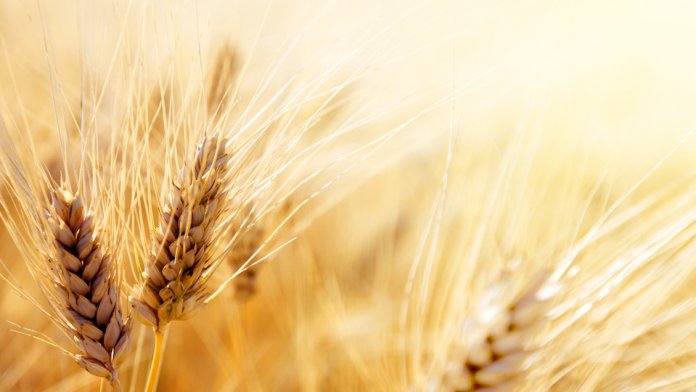“Oh beautiful, for spacious skies, for amber waves of grain” It’s an iconic American anthem, and the first lyric is about…wheat. But, these days, those flowing fields of wheat have become a nutritional battleground. It’s hard to believe that the tiny seeds of these grass-like plants have caused so much controversy and confusion. This article by my team at UpWellness, will help clear up the confusion and set the record straight when it comes to those amber waves of grain.
Enjoy,
JL
In recent years, grains have been vilified, with many fad diets eradicating grains entirely. Like most things, the truth isn’t always so simple, and it takes a little bit of digging to find out what’s really behind the curtain. Read on as we explore the real reason you shouldn’t stop eating grains.
The truth about grains
No, not all grains are evil. Yes, processed grains are incredibly detrimental and potentially harmful. In fact, just to clear the air, you should not be eating any type of processed grain such as refined wheat, sugary breakfast cereals (even if they claim to be healthy), and other junk foods like pizza and cookies. These foods are loaded with tons of unhealthy additives and empty carbohydrates, and the refining process strips these grains of any nutritional value they once had.
Whole grains, on the other hand, consist of the entire grain as it was found in nature, with the bran, germ, and endosperm all intact. Keep in mind that even if the grain is ground into a fine flour, it can still be considered a whole grain. Refined grains are processed until just the endosperm remains. This part of the grain is primarily carbohydrate and a small amount of protein, meaning that is is void of any benefit.
Other problems with refined grains
Not only do refined grains deliver nothing but empty carbohydrates, but they are also broken down incredibly quickly by the body. According to this study, refined carbohydrates that are separated from fiber cause massive spikes in blood sugar. Naturally, this spike is followed by a crash, which induces cravings and can cause overeating. Plus, this encourages insulin resistance, which has been linked to type 2 diabetes and heart disease.
Health benefits of grains
Hundreds of studies support the consumption of real, whole grains as part of a well-balanced diet and a long, healthy life. Some of these benefits include:
Great source of essential vitamins
While it is true that you can get most of the vitamins and minerals that you need for a well-balanced diet from plant-based foods, grains can give you a nutritious edge. Grains have vitamins and minerals such as vitamin B, magnesium, and iron that are crucial for a healthy body and contribute to a balanced diet.
May help battle hypertension
Hypertension or high blood pressure can wreak havoc on your body over time and lead to severe cardiovascular issues. Some studies have shown that eating whole grains can help lower your blood pressure and reduce your risk of a heart attack.
Support gut health
Your gut is a vibrant environment full of good and bad bacteria, and you must help support this critical gut flora through a carefully cultivated diet. Research suggests that the increased soluble fiber content in whole grains could actually help promote gut health due to the presence of prebiotics, which is a fiber that feeds healthy gut bacteria.
A note on gluten
Gluten is a serious problem for many people, leading to digestive upset in those with gluten sensitivity and severe problems for those with celiac disease. Grains such as wheat, spelt, rye, and barley should be avoided by those with any gluten allergy. However, other whole grains such as rice, corn, quinoa, and oats can still be enjoyed even if you are allergic to this protein. Remember, many oats are processed in factories with wheat, so it is important that any oats you buy are certified gluten-free.
Best grains to eat
- Whole rye
- Quinoa (actually a seed but is often considered a grain)
- Oats
- Barley
- Bulgar
- Millet
- Brown rice
- Buckwheat
- Spelt
- Corn (always buy non GMO)
- Farro
- Teff
- Sorghum
Even healthy foods should be enjoyed in moderation. Just because grains aren’t as bad as many people think, doesn’t mean you should load up on them at every meal. They are still carbohydrates, which may have a detrimental effect on people with diabetes and other forms of insulin resistance. Enjoy grains as a side and focus on filling your plate with other healthy foods such as fruits and veggies. Also, you don’t need to eat grains to have a healthy diet; it all depends on how your body responds and the quality of the food that you are eating. Nutrition is incredibly individualistic, and as long as you follow a few simple guidelines, and listen to your body, you will maintain a healthy lifestyle.
-The UpWellness Team


